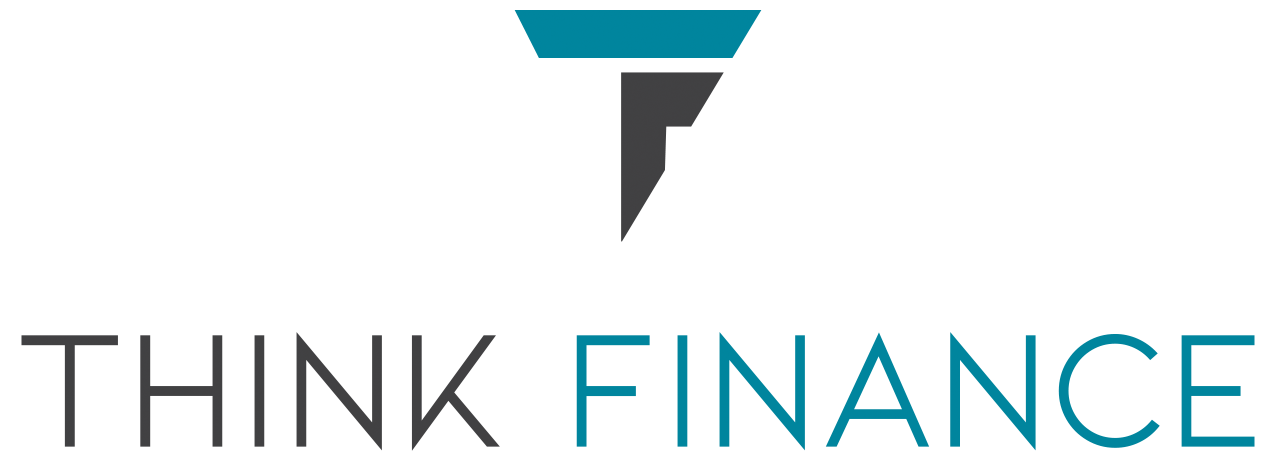How redraw and offset accounts can save you money
Offset accounts and redraw facilities work in similar ways; they both allow you to reduce the balance of your home loan, and therefore the interest charged, by applying extra money to your debt.
Redraw facilities allow you to deposit spare income into your home loan account, allowing you to redraw a sum equal to the extra repayment amounts in future.
In the meantime, the extra money paid will lower the amount of interest charged while still giving you access to your money.
However, there may be restrictions on how much money can be withdrawn and when.
For redraw, it depends on whether the facility applies to a fixed-rate or variable loan. Most institutions only allow redraw from a variable-rate loan, or fixed-rate loan but with limited access.
It is important to find out how a loan’s redraw facility works before taking it on, as the fees and restriction attached might outweigh the benefits of interest savings.
Deciding between an offset account and a redraw facility on your home loan largely depends on how accessible you need your extra money to be.
Offset accounts are like savings accounts that function alongside your home loan. You earn interest on the money in the offset account and you often have a debit card attached for simple withdrawals.
Let’s say that you are paying five per cent interest on your home loan and earning two per cent interest on your offset account. In a offset setup, the difference would be 3%, but would mean that the 2% interest that you earn is coming off the interest you are paying on your home loan.
With 100 per cent offset accounts, you earn interest equal to the interest you are paying on your loan. Rather than earning savings account rates, you are earning home loan account interest rates on the money held within the offset account.
Let’s say you have $10,000 in your 100 per cent offset account. Instead of paying interest on your $100,000 loan, you are only paying interest on $90,000. That’s probably the best type to have, if you are looking at offset accounts.
Offset accounts, like many savings accounts, often come with account fees, but the fee may be worth the interest savings and the added flexibility compared to redraw facilities.
There are less restrictions attached to 100 per cent offset accounts, they’re very flexible. But really, it does just depend on each lender.
Finding a loan that matches your needs is a lot easier with an expert on your side.
Speak to us at Think Finance to find a loan that matches your current needs and future plans: Kym@ThinkFinance.Loans | 0409 892 890

